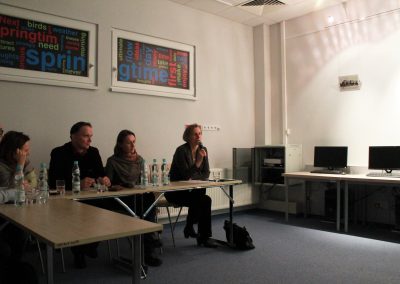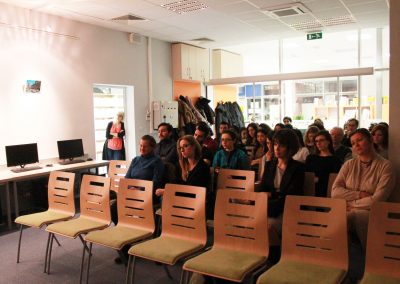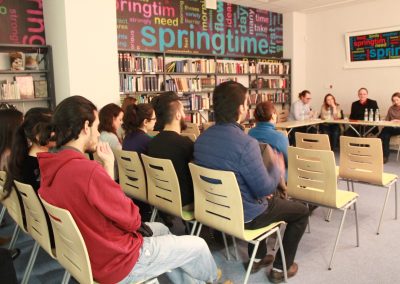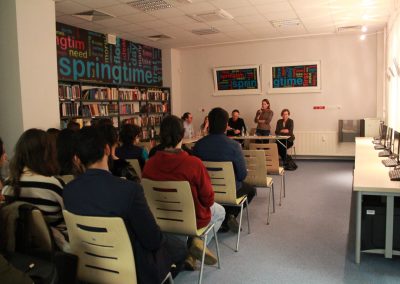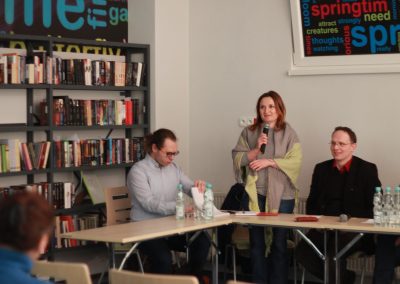On Wednesday we met in the Municipal Library Fil. 4 to participate in the debate entitled Gender ideology(ies): Man and woman – different by nature, inequal by society? We tried to find the answer to this question with our four guests: sociologists Borys Cymbrowski and Anna Czerner, philologist Katarzyna Molek-Kozakowska and biologist Elżbieta Pogoda.
We were aware that for most people the term gender is unfamiliar or even unfriendly, especially when someone is not a philologist or a social researcher, so we started with the basic questions: what gender is, how it exists in our respective fields of studies, and if there exists gender ideology. We can say that gender in general is about social consequences of being men, women or the others, because in the opinion of Elżbieta Pogoda even from a biological point of view there are more than only two sexes. And there is no evidence that one sex has an advantage over another.
In Polish media we encounter some false beliefs about the meaning of the word “gender”. But as Borys Cymbrowski mentioned it is a problem of confusion of nature with culture, because in the Polish language we have only one word (płeć) for gender and for sex. So some commentators confuse biological meaning with the cultural one. They accuse gender scholars of promoting a dangerous ideology which tries to convince people to choose their sex. As Anna Czerner said, the truth is that in the social sciences gender was a neutral category to analyse the relations between people in society, but unfortunately some institutions and politicians took one of the least popular topics in gender studies and used it as a basis to create and apply gender ideology as a political tool.
After that we focused mostly on language aspects within gender issues. Katarzyna Molek-Kozakowska indicated that for her it was easier to introduce herself in English than in Polish, because in Polish most names of academic professions have only a masculine gender, or even if it has a female gender, masculine forms sound more serious and more prestigious. But language is not a constant phenomenon – it is changing all the time. Twenty years ago we considered some female forms of words as strange, but today we take them for granted. We concluded that it is important to include more women-related forms to language, and it is one of the main catalysts of social changes in the public sphere.
We are really glad we could discuss it with you and with the citizens of Opole. We would like to thank you all for your presence and participation, and we hope to see you soon during another discussion. The aim of the whole debate was to clarify a little the problem of gender, but two hours is a short time when you are discussing such an important and complicated topic – so we treat this meeting only as a start. The debate is still open.
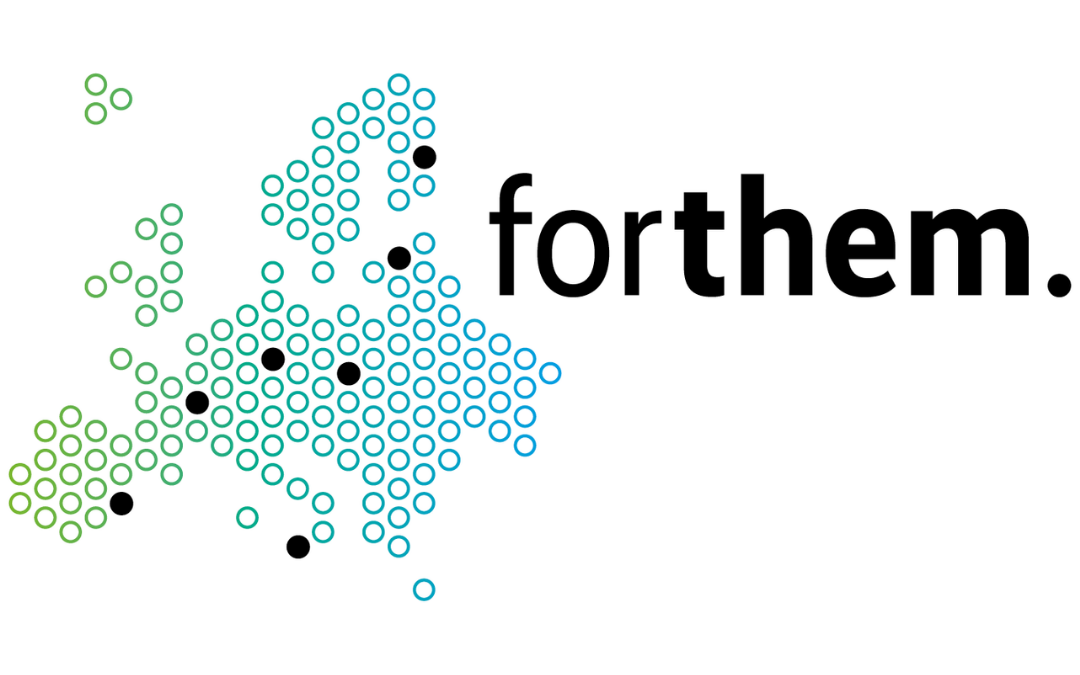
Forthem for students
University of Opole is one of the members of FORTHEM - European Universities Alliance, that launched in September 2019 and consists of seven universities from across Europe. Some of you have already heard of FORTHEM and this year’s call for participants was very...
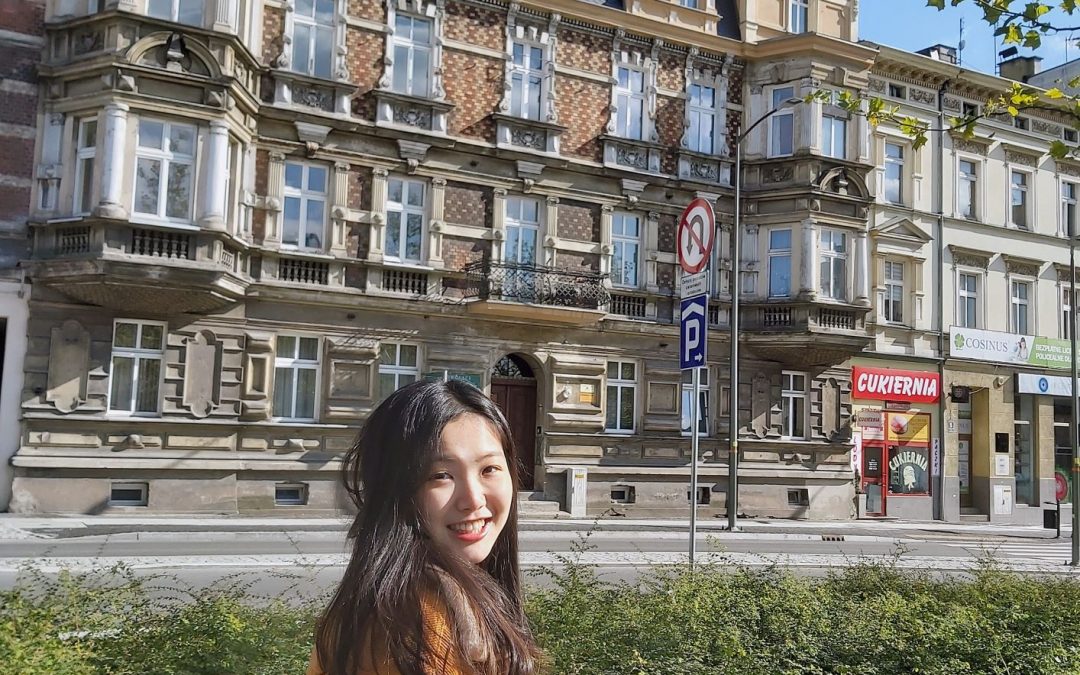
Katelin from Hong Kong
Katelin is a 20 years old girl who comes from Hong Kong. She spent one semester in Opole studying English Philology. Now, she’s back in Hong Kong. Today she is going to tell us how it all started and what she experienced during her time in Opole. Hi Katelin! Could you...
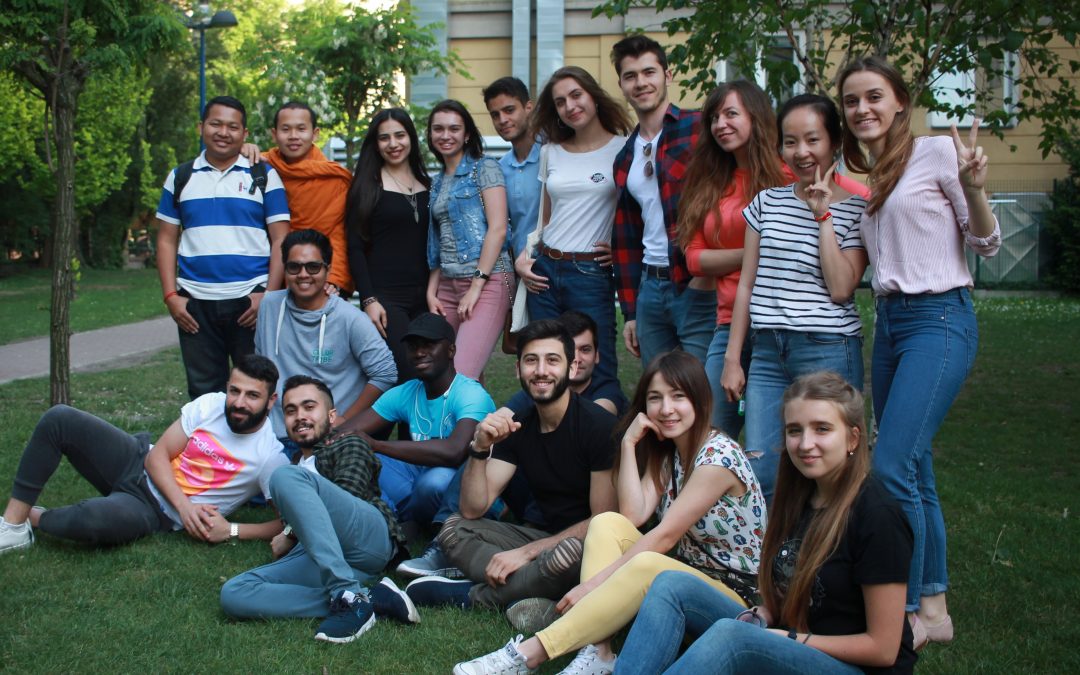
English Preparatory Course
We regret to inform that the English Preparatory Course 2020 is cancelled. Decision was made due to the COVID-19 situation. More News

Special rules for conducting exams and diploma examinations using IT tools
Dear Students! Please check new regulations of the Rector of the University of Opole: Regulation No. 58/2020 of the Rector of the University of Opole of May 27, 2020, on special rules on crediting and examining outside the seat of the university using IT tools...
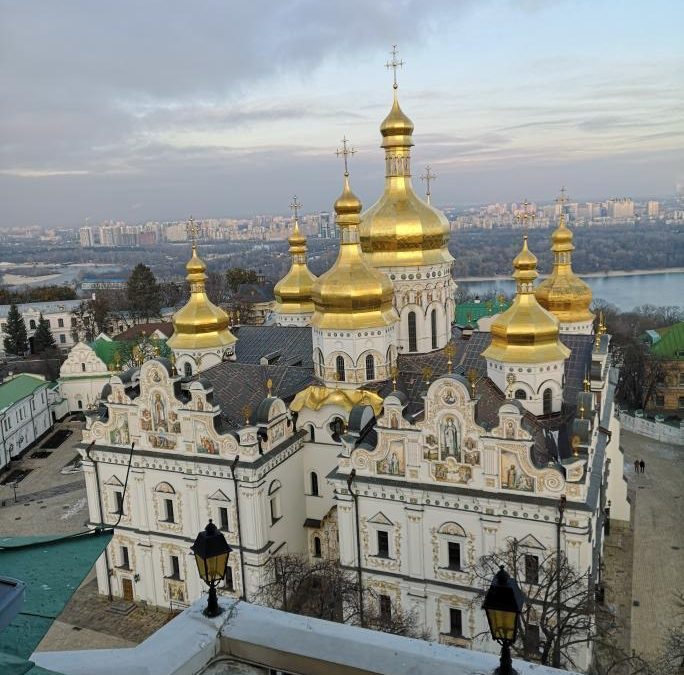
Kiev with Vanesa
(January 2020) Today we are talking to Vanesa who chose Opole as her Erasmus destination. She is 20 years old and comes from the north of Spain. In Poland she spent one semester studying journalism and as she says ''I would repeat this experience whenever I could...
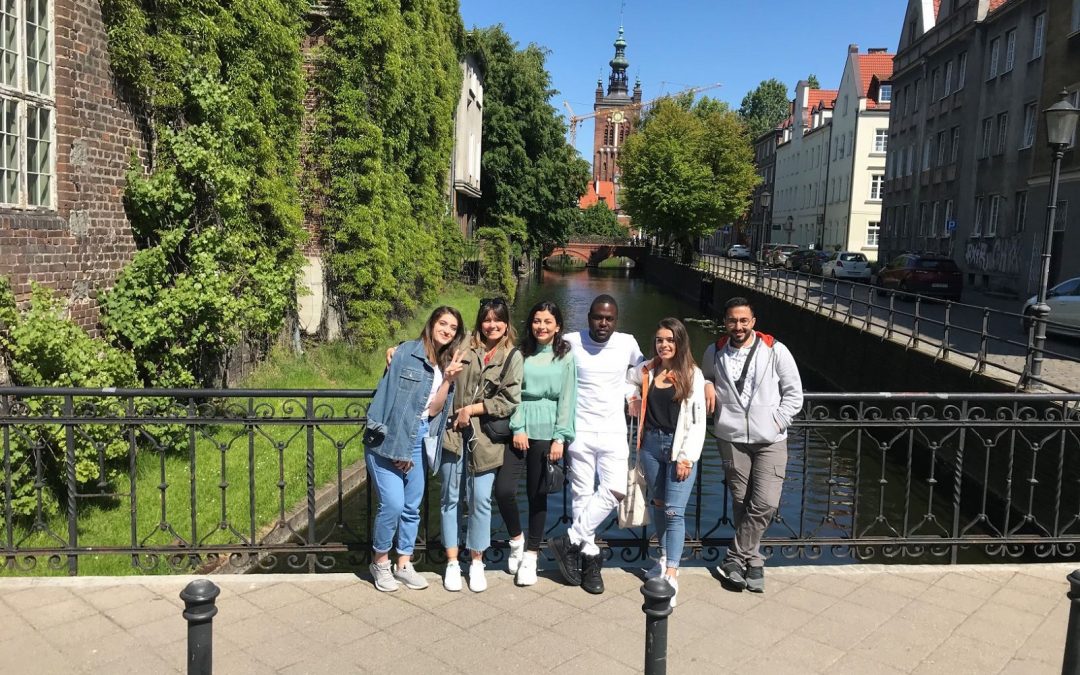
Gdansk with Iremnur
(June 2020)Today we are talking to İremnur Sarısakal who is an Erasmus student in Opole. İrem is 21 years old and comes from Turkey. She is a student of psychology. Today she would like to tell us about her trip to Gdańsk, which is in the north of Poland, near to the...
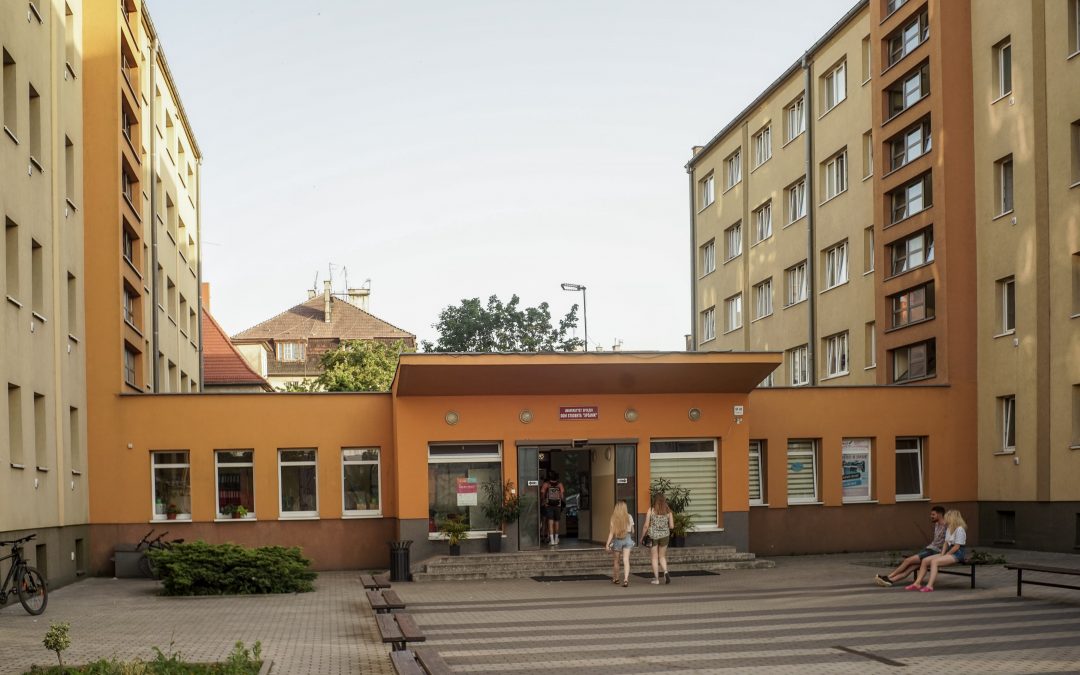
Accommodation in the student dormitory during the summer vacation
Dear Students! If you wish to stay in the student dormitory during the summer vacation period (July-September), please fill in the application form and deliver it to the Spójnik's dormitory administration or send it to spiech@uni.opole.pl. During the...
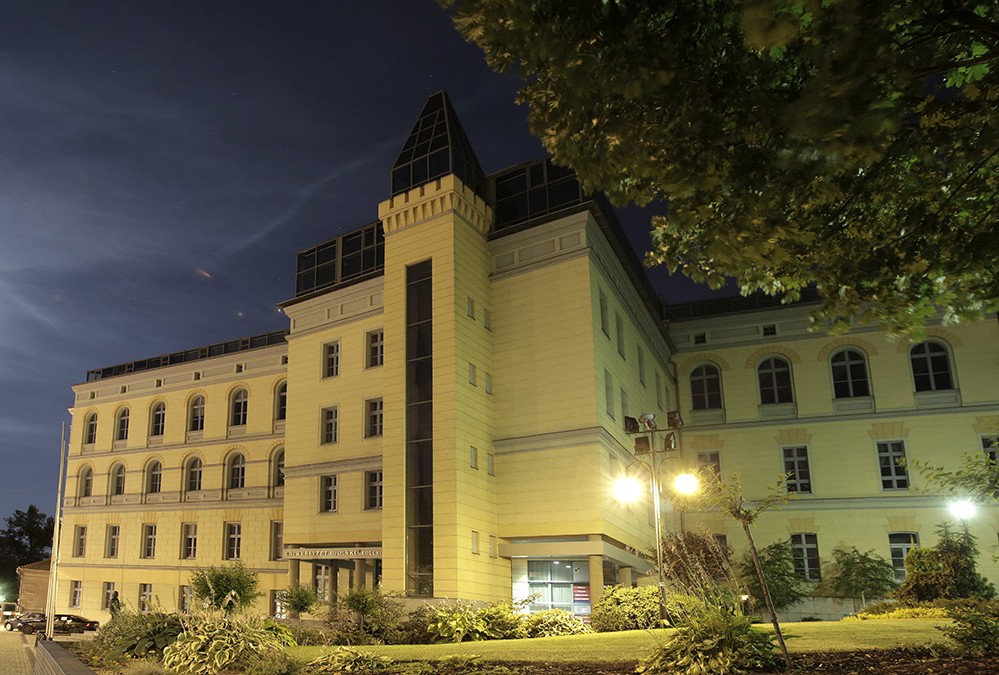
Academic calendar 2020-2021
Academic calendar 2020-2021 is now available Our Rector, prof. Marek Masnyk, has announced organisation of the new academic year. More News

Application for the place in the student dormitory for 2020/2021 academic year
Dear Students! If you wish to live in the Student Dormitory in the next academic year, you need to submit an application via USOS-web till June,30. Please follow the detailed instruction on how to submit an application via the USOS-web system. More...

Apply for the New AUCA Master’s Program – “TALENT”
Apply for the New AUCA Master's Program - "TALENT" Register for the AUCA new, interdisciplinary master's program "Talent Management and Human Development in Organizations" or in short – “TALENT”. A unique, innovative program aims at specialists in proactive human...
